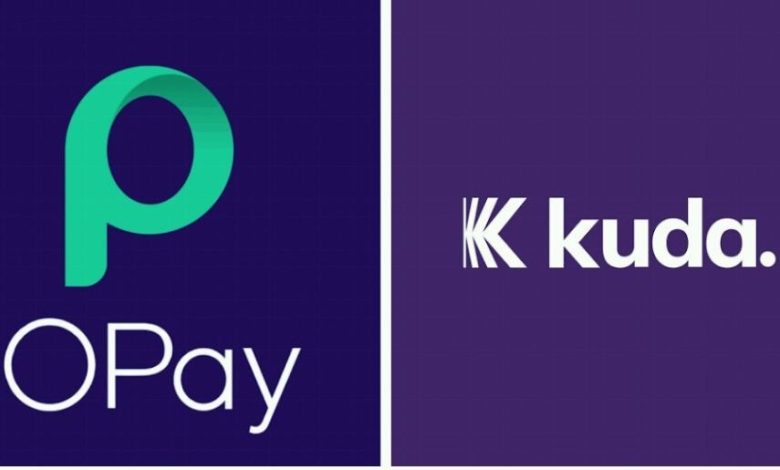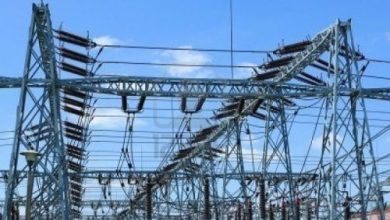CBN ban: Opay, Kuda issue strict guidelines for account opening

Financial technology firms Kuda Microfinance and OPay have resumed onboarding new customers following a directive from the Central Bank of Nigeria.
The two operators announced this development on their X accounts on Monday.
The financial regulator had directed fintech companies to temporarily halt new customer sign-ups on April 29, citing concerns over Know Your Customer (KYC) compliance.
This move was part of the government’s broader crackdown on illegal foreign exchange transactions and cryptocurrency activities.
To lift the onboarding freeze, fintechs were given a set of conditions to meet on May 20, 2024, including blocking peer-to-peer crypto transfers, implementing physical address verification for all account tiers, and enhancing facial verification for customers.
Announcing the development via a post on its X handle, OPay reaffirmed its dedication to adhering to approved KYC verification processes and urges customers to complete the necessary verification steps for all accounts.
“We are thrilled to announce that the Central Bank of Nigeria has given OPay the thumbs up to resume onboarding new users. This milestone highlights our dedication to following the rules, keeping your information safe and secure, and preventing any shady activities.”
Kuda also took to the social media platform to share the news with its customers and followers. The fintech wrote,
“As you probably already know, we’ve been working with the CBN to meet recent regulatory requirements by putting more account controls in place.
“Based on the work we’ve done, we’ll resume signing up new customers this week,” the fintech stated.
Kuda has set the following requirements to open a Tier 3 account: Customers must provide their NIN, BVN, and proof of address, which will then be subject to address verification.
On February 27, CBN Governor, Olayemi Cardoso , evealed that a staggering $26bn from unidentified sources passed through Binance Nigeria in just one year.
To address this issue, the CBN is collaborating with various agencies, including the Economic and Financial Crimes Commission , the police, and the Office of the National Security Adviser.
In a related move, the EFCC announced on April 23 that it had frozen over 300 accounts linked to illicit foreign exchange trading.




